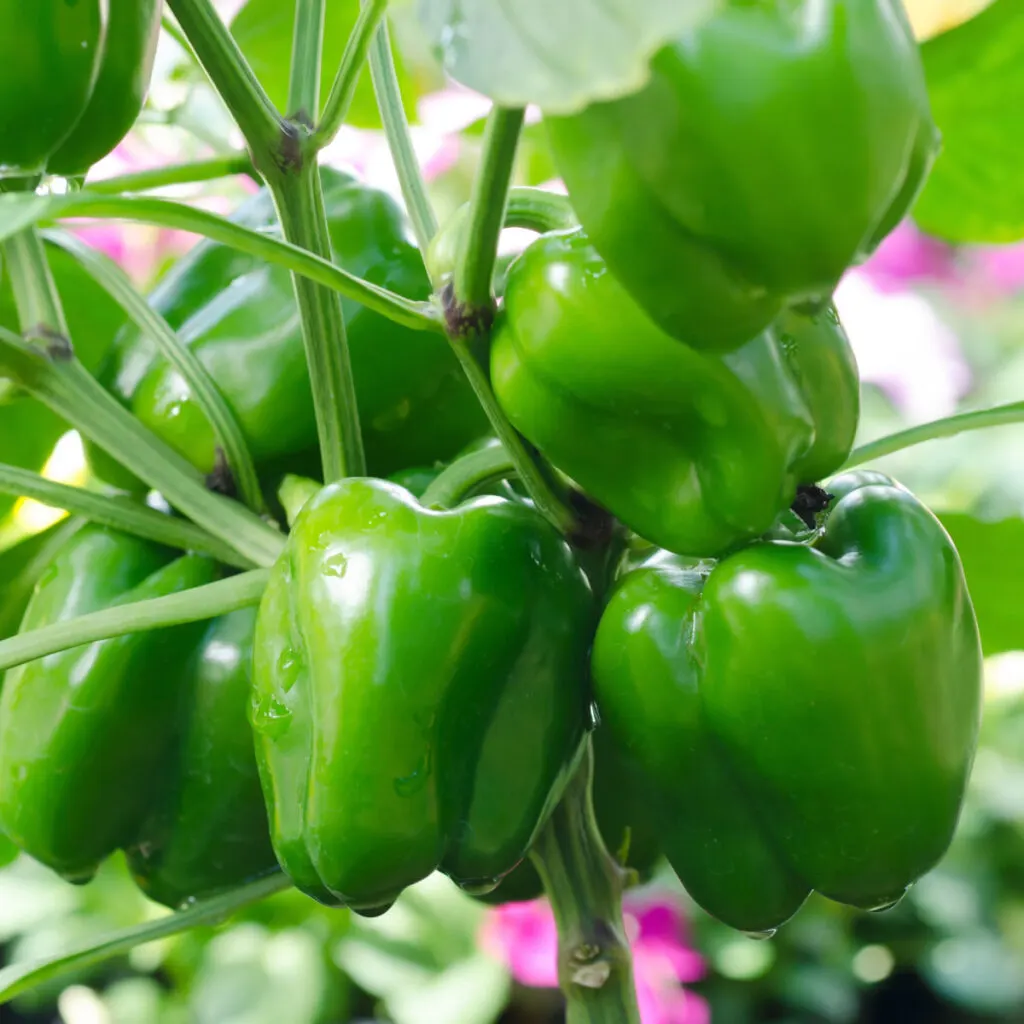Best Fertilizers for Peppers: Optimize Plant Health and Yield
Organic Vs. Synthetic Fertilizers: Which Is Best for Nurturing Healthy Pepper Plants?
In the realm of supporting healthy and balanced pepper plants, the choice in between synthetic and natural plant foods stands as a critical decision with far-ranging ramifications. While both options aim to give necessary nutrients to support plant growth, the subtleties of their effect on the soil, plant wellness, and the setting stimulate an argument that echoes throughout the horticulture neighborhood. Comprehending the unique advantages and possible mistakes of each plant food type is vital for pepper cultivators looking for to enhance their returns while preserving a sustainable and eco-conscious approach.
Advantages of Organic Fertilizers
Organic plant foods offer a lasting and environmentally-friendly strategy to nourishing pepper plants, giving crucial nutrients without using synthetic chemicals. These natural plant foods are originated from natural resources such as garden compost, manure, bone dish, and algae, advertising soil wellness and biodiversity. Unlike artificial plant foods, natural options launch nutrients slowly, ensuring a consistent and well balanced supply for pepper plants to grow.
One significant advantage of natural fertilizers is their capability to boost dirt structure and water retention. By improving dirt health and wellness, natural fertilizers promote beneficial microbial activity, which helps in nutrient uptake by pepper plants. In addition, natural plant foods reduce the danger of chemical run-off, shielding water sources from contamination and safeguarding the environment.
Moreover, natural plant foods add to long-term soil fertility by promoting the growth of valuable dirt microorganisms. These organisms aid damage down natural issue, launching nutrients in a form that is easily accessible to pepper plants. best fertilizers for peppers. By promoting a healthy and balanced dirt ecological community, natural plant foods sustain lasting pepper farming techniques that profit both plants and the atmosphere
Disadvantages of Artificial Fertilizers
Synthetic plant foods, in comparison to their natural counterparts, position various drawbacks when used to nurture pepper plants, affecting both plant health and ecological sustainability. One major drawback of artificial plant foods is their tendency to seep nutrients from the soil quickly.
Moreover, the overuse of artificial fertilizers can add to water contamination. Excess fertilizers not soaked up by plants can wash away into water bodies, causing eutrophication, where algae flowers diminish oxygen levels in the water, damaging water life. Additionally, artificial fertilizers are typically obtained from non-renewable resources, such as fossil gas, adding to carbon exhausts and environmental degradation throughout their manufacturing.
Nutrient Absorption Comparison
Effective nutrient absorption plays an essential function in the general health and growth of pepper plants. When comparing organic and artificial fertilizers in regards to nutrient absorption, natural fertilizers have the advantage of supplying an extra well balanced and slow-release resource of nutrients (best fertilizers for peppers). Organic plant foods include a selection of macro and trace elements that are not just advantageous for the plants however additionally promote healthy soil microbial task, which assists in nutrient uptake. On the other hand, synthetic fertilizers often offer a quick release of nutrients, which can cause seeping and drainage, leading to reduced nutrient absorption prices by the plants.
Furthermore, organic fertilizers improve soil framework and water retention ability, allowing pepper plants to accessibility nutrients extra successfully. This better dirt high quality promotes origin advancement, enabling far better nutrient absorption. Artificial plant foods, although initially increasing plant growth due to their high nutrient concentrations, may hinder long-term nutrient absorption by degrading soil wellness with time.
Environmental Influence Considerations

On the other hand, synthetic fertilizers, although typically even more immediately available and concentrated to plants, can have harmful effects on the atmosphere if not applied effectively (best fertilizers for peppers). Their production calls for high energy inputs, Read Full Report bring about greenhouse gas emissions and adding to climate modification. Moreover, the overflow of excess artificial fertilizers can pollute water resources, resulting in eutrophication and damaging aquatic environments.
Best Fertilizer Practices for Peppers
To accomplish this, it is necessary to adhere to finest fertilizer methods tailored to the specific needs of pepper plants. One crucial technique is to execute a dirt examination before applying any kind of plant foods.
An additional crucial method is to fertilize pepper plants at the correct time. Generally, peppers take advantage of obtaining fertilizer at planting and after that once more when they begin to flower. Over-fertilizing can bring about nutrition discrepancies and harm the plants, so it is vital to adhere to suggested application rates.
In addition, selecting a balanced fertilizer with an NPK proportion that fits pepper plants' requirements is basic. Organic fertilizers, such as compost or manure, can be superb choices as they release nutrients slowly and enhance dirt structure in time. Nevertheless, artificial fertilizers can offer a fast nutrient increase when required. Ultimately, integrating organic and artificial plant foods sensibly can assist nurture healthy and balanced pepper plants while reducing ecological impact.
Final Thought
:strip_icc()/BHG-Growing-Peppers-Indoors-EzgaEnB7KML9Ym_plkvuxK-9398f1341d86483083862533ae7622db.jpg)
Organic fertilizers use a lasting and environmentally-friendly method to beneficial pepper plants, giving important nutrients without the click now usage of artificial chemicals. Unlike artificial fertilizers, organic choices release nutrients slowly, making certain a well balanced and consistent supply for pepper plants to grow.
Synthetic fertilizers, in contrast to their organic counterparts, posture numerous negative aspects when used to nourish pepper plants, influencing both plant health and environmental sustainability. When contrasting artificial and find out here natural plant foods in terms of nutrient absorption, natural plant foods have the benefit of giving an extra well balanced and slow-release resource of nutrients.Furthermore, natural plant foods improve dirt framework and water retention capability, enabling pepper plants to access nutrients a lot more efficiently.